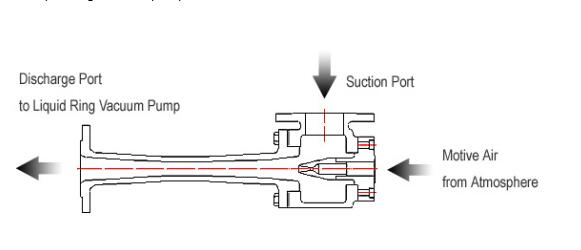

Use a garbage disposal to grind up foods into minute particles. Never flush or pour the following items down your drains: A large grease ball can lead to a huge mass that blocks drainage lines. Greasy materials including foods will clog your waste-water lines and collect more debris which sticks to the sides of the gooey clog.

No matter which plumbing fixtures you use, avoid pouring fats, grease, and oils into the drains. Second, watch what you pour down your sink, tub, laundry, shower, and toilet drains. First, hire a plumber to inspect the ejector pump system for you. There are two key ways to avoid an ejector-pump-backup incident.

Your basement or lower level can quickly be soaked with raw sewage and other waste materials. If the pump can’t push water up and into the sewer lines, the waste water flows back into your home. One of the most catastrophic plumbing failures happens when an ejector pump or its drainage lines become clogged with debris. The final step your plumber will do is cover the ejector basin and refasten the screws after inspecting your pump. The pump should operate smoothly and stop when the basin is empty. If the pump hasn’t been used for a while, a plumber can test the function of the ejector pump by pouring three to four gallons of water into the empty ejector basin. They’ll also check the integrity of any drain pipe-straps or fasteners. Your plumber might also inspect the pump fittings and components for corrosion and wet spots where there may be leaks. If water isn’t trickling from the vent hole, they will unplug the pump and clear the blockage to open the vent. Your plumber will look directly above the level of the pump for a small vent hole between 3/16-inch and 3/8-inch in diameter. The cover helps maintain pressure in the basin, keeps debris and pests out of the ejector basin, and reduces odors near the ejector pump. The ejector pit should be sealed with a removable cover. The ejector-pump vent also equalizes pressure in the basin to keep the drainage water flowing in the right direction. If the vent becomes clogged with debris from either end, gasses won’t escape the system and your home may develop an odor. The drain lines are too large or too small.Įjector pumps require a vent that runs from the ejector pit to a separate or main-stack plumbing vent.



 0 kommentar(er)
0 kommentar(er)
